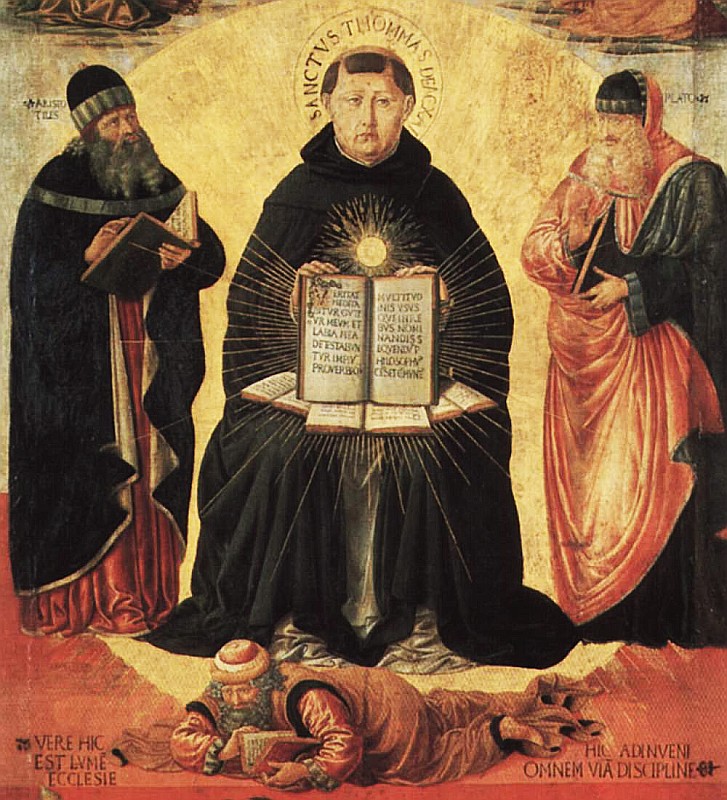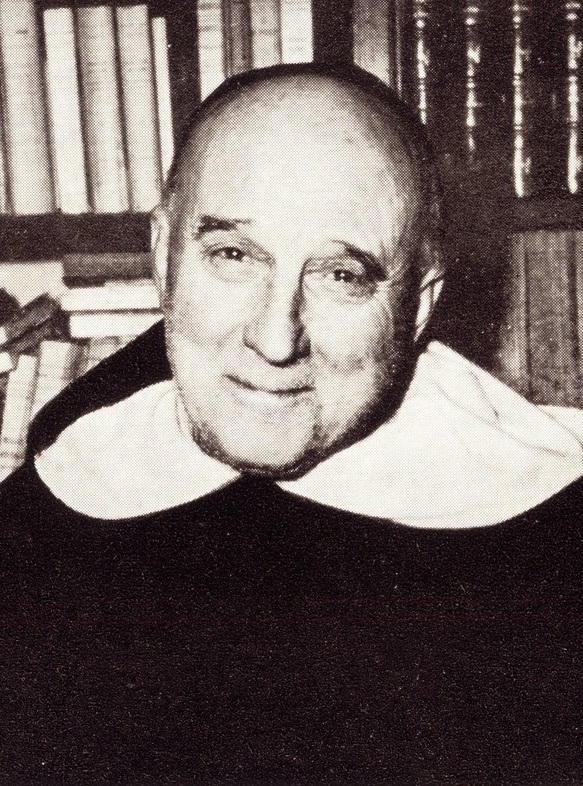John of St. Thomas wrote a very valuable Cursus philosophicus thomisticus* [116]. Subsequent authors of philosophic manuals, E. Hugon, OP*, J. Gredt, OSB*, and X. Maquart, rest largely on him. J. Maritain likewise finds in them much inspiration. In John's theological work, Cursus theologicus, [117] we find disputationes on the great questions debated at his time. He compares the teaching of St. Thomas with that of others, especially with that of Suarez, of Vasquez, of Molina. John is an intuitionist, even a contemplative, rather than a dialectician. At the risk of diffusiveness, he returns often to the same idea, to sound its depths and irradiations. He may sound repetitious, but this continual recourse to the same principles, to these high leitmotifs, serves well to lift the penetrating spirit to the heights of doctrine. John insists repeatedly on the following doctrines: analogy of being, real distinction between essence and existence, obediential potency, divine liberty, intrinsic efficaciousness of divine decrees and of grace, specification of habits and acts by their formal object, the essential supernaturalness of infused virtue, the gifts of the Holy Spirit and infused contemplation. John should be studied also on the following questions: the personality of Christ, Christ's grace of union, Christ's habitual grace, the causality of the sacraments, the transubstantiation, and the sacrifice of the Mass.
Notes:
116. Re-edited at Paris, 1883; and recently again, by Beatus Reiser, O. S. B.: Turin, 1930-37.*
117. Re-edited at Paris, 1883-86. The Benedictines of Solesmes are now again re-editing the work.
*Available through the Ite ad Thomam Out-of-Print Library (ITOPL).









No comments:
Post a Comment